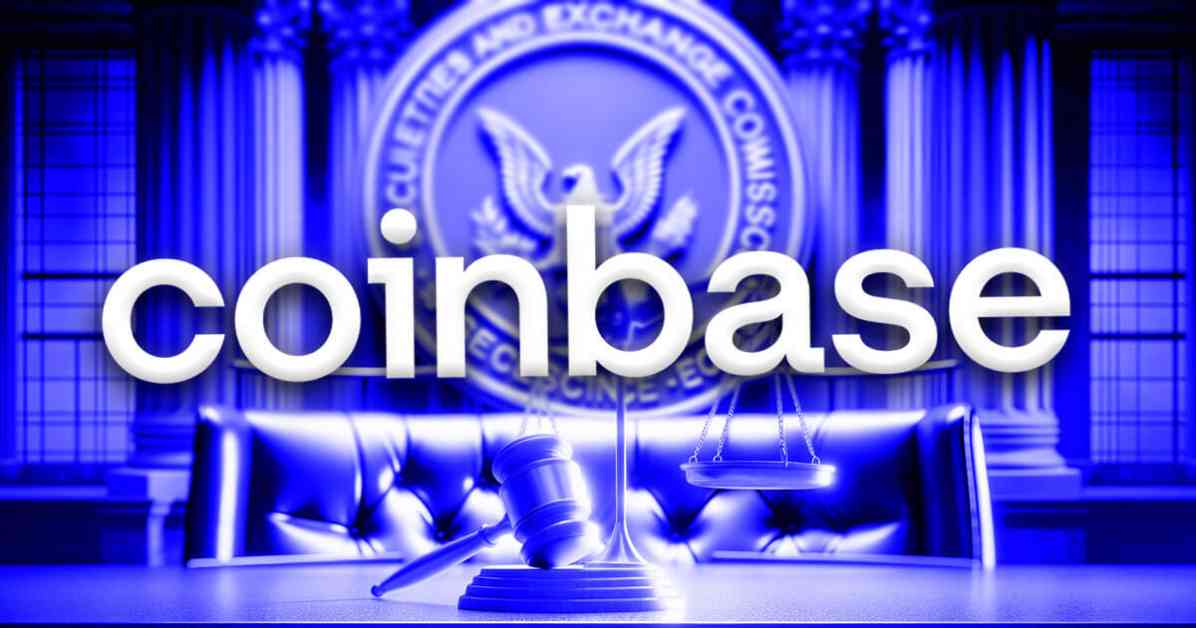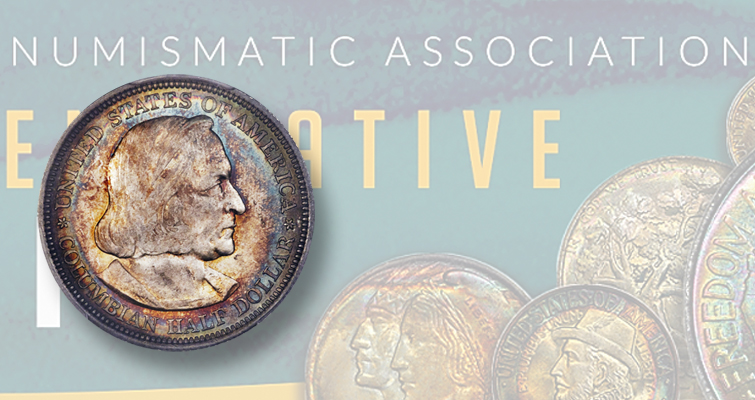The US Securities and Exchange Commission (SEC) has recently filed a motion opposing Coinbase’s request for additional discovery in their legal dispute. The SEC argues that Coinbase’s demands for documents are excessive and irrelevant to the core issues of the case.
In the memorandum filed by the SEC on August 5, several key points were outlined to push back against Coinbase’s motion. The SEC emphasized that the court’s analysis of facts and law, not internal SEC discussions, will determine the outcome of the case. Additionally, the SEC highlighted the significant burden of reviewing and producing millions of documents, noting that they have already spent over 400 hours on this task.
One particularly contentious issue is Coinbase’s request for a sample of SEC Chair Gary Gensler’s emails. The SEC argues that this request is burdensome and disingenuous, especially since Gensler has testified under oath that he does not use personal devices for SEC business.
The SEC also disputes Coinbase’s fair notice defense, stating that the law’s application to digital assets is clear and internal SEC communications are irrelevant to this legal standard. The regulator emphasizes the court’s role in determining the relevance and proportionality of discovery requests, urging for a focused approach tailored to the specific facts and legal questions at hand.
As the legal battle between the SEC and Coinbase unfolds, the court’s decision on this discovery dispute will be crucial in shaping the proceedings. The SEC maintains that it has fulfilled its discovery obligations and opposes Coinbase’s motion, labeling it as unjustified and burdensome.
With both sides gearing up for further legal battles, the cryptocurrency industry and legal observers are closely monitoring the developments. These proceedings could set important precedents for the future of digital asset regulation in the US, making this a case of significant interest to a wide range of stakeholders.

















